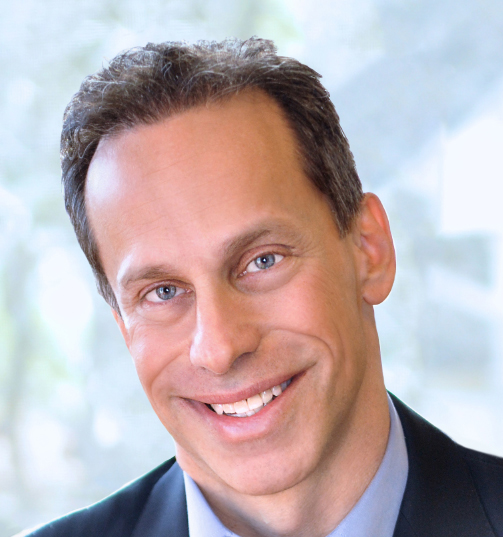What’s been your experience building friendships with donors?
Click your answer below to see the results!
We’ve all been there. We’ve gotten to know a donor over time. We’ve learned so much about her and we’ve shared much about our life as well. We’ve had some cultivation and solicitation meals. We’ve met the family. We’ve written personal notes.
Let’s assume we really like this donor and there’s a natural bond forming. We can truly see ourselves having a friendship. But is what we’re seeing real? And are we seeing what the donor is seeing?
Authenticity
Authenticity is key to building relationships. I always teach that you must be yourself and not try to be what you think your donor wants you to be. However, being yourself with a donor isn’t the same thing as being yourself with a friend.
 Would you really tell a donor that she should tip the waiter more? Or stop being a curmudgeon (I tell a good friend of mine that all the time!). Or that she might want to revisit her decision about getting a dog? Probably not.
Would you really tell a donor that she should tip the waiter more? Or stop being a curmudgeon (I tell a good friend of mine that all the time!). Or that she might want to revisit her decision about getting a dog? Probably not.
Obviously we have many types of friends. And perhaps we wouldn’t tell all our friends that they’re being cheap or curmudgeon-like. Some of us (not I!) filter what we say for a variety of reasons.
But if you know that your donor holds certain political views, would you share that your views are the opposite? Be honest. And I’m not talking about polar opposites, in which case you might not want to be friends. But wouldn’t you perhaps hold back that information with a donor even though you’d share it with all your other friends?
And if you’re holding back information you’d share with all your friends, are you being an authentic friend? Would your donor, as your friend, want you to do that? I think not.
The Professional Piece
It gets even trickier. Once you’re personal friends with your donor, can you still solicit her effectively? I recently solicited a donor friend, and I remain concerned that she increased her gift in part to support my work. As a fundraiser I should want her to give because she cares and believes in the project and the organization. Can I still present the organization effectively and close a gift based on that premise?
Or what happens when you get to know your donor friend well and find out that she and her husband are sitting on a veritable fortune? Did she share that with you because you’re a friend, in which case you can’t factor that information into the size gift you solicit? So now you’ve got important information you need to keep from your boss.
And let’s not forget your employment might not end well. Even assuming it’s nothing more than your getting an amazing offer to work elsewhere, yet it’s come early in your tenure. You take it, which leaves the organization in the lurch. Your boss is very unhappy about this and your departure is tinged with some bad feelings. Where does that leave your donor? How does she bridge that divide? Where are her loyalties?
What to Do?!
 None of this is to say that you should never become friends with a donor. It’s as unrealistic as not becoming friends with your boss or anyone else with whom you share a different relationship. Many of your dearest relationships will come from the bonds you develop through your work. It makes sense given the tremendous time you spend working throughout your life.
None of this is to say that you should never become friends with a donor. It’s as unrealistic as not becoming friends with your boss or anyone else with whom you share a different relationship. Many of your dearest relationships will come from the bonds you develop through your work. It makes sense given the tremendous time you spend working throughout your life.
Yet, it’s important to be hyper-aware of the dynamics of relationships with donor friends and the various potential challenges and pitfalls that can arise. It’s important to understand that first and foremost you have a job. You have an obligation to do that job to the best of your ability and not let personal issues interfere with that work. Can you do that? Can you be friends with a donor and still put your job first?
From experience, that only happens once in a blue moon. I can count on one hand the number of true friends I’ve established over 30 years. Those friendships have taken constant monitoring to ensure I’m being a loyal employee and a true friend at the same time.
How about you? Are you friends with donors? How have you managed that? I’d love to hear from you.


 like us on facebook
like us on facebook follow us on twitter
follow us on twitter connect on linkedin
connect on linkedin


